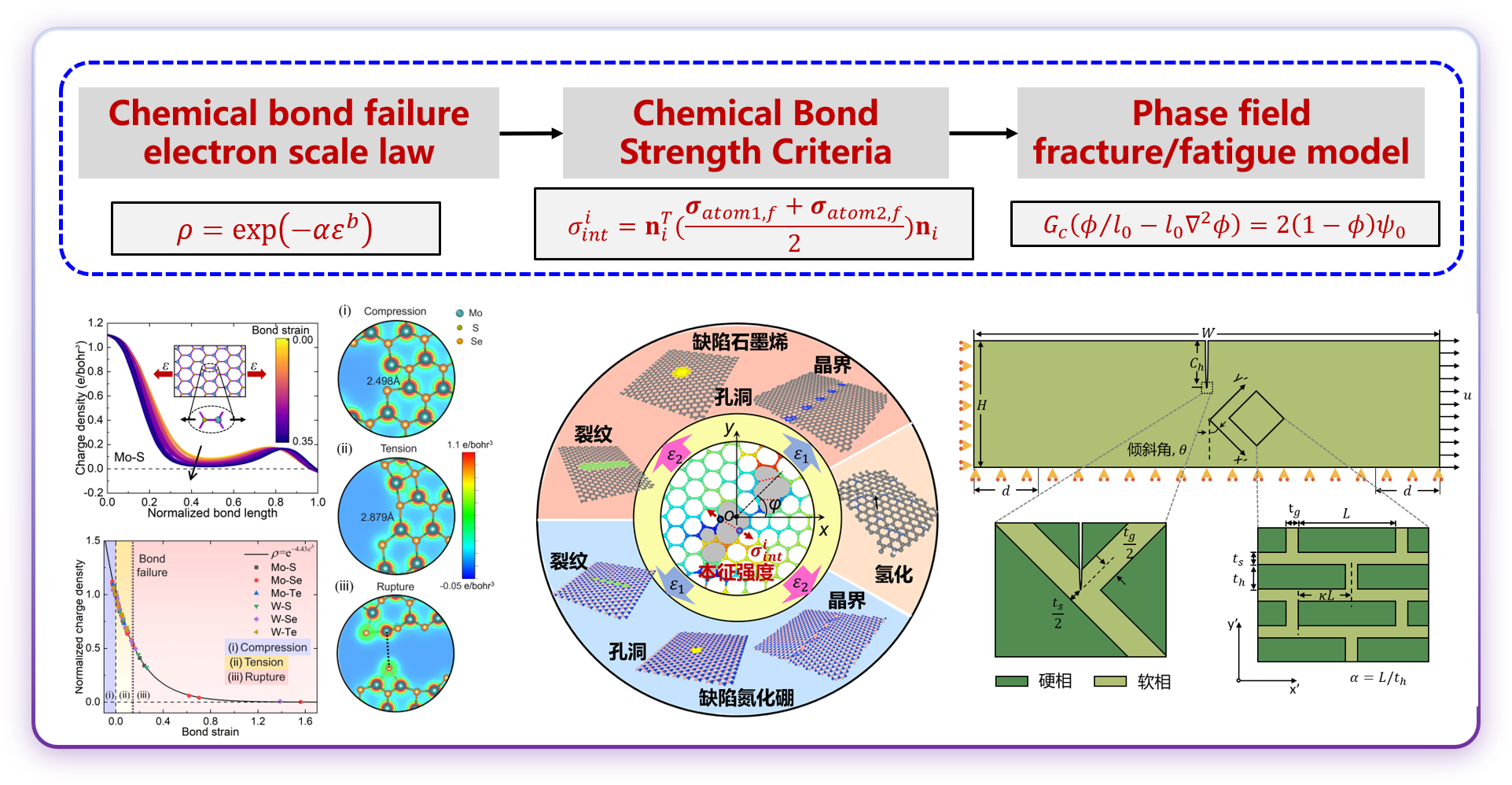Research Overview
In the era of advancing aerospace technology and extreme service environments, the integration of materials science, structural mechanics, and artificial intelligence has become increasingly crucial. Inspired by the transformative potential demonstrated by AI, particularly highlighted by the 2024 Nobel Prize in Chemistry's recognition of computational protein design and the revolutionary impact of AI in scientific discovery, my research focuses on developing next-generation materials and structures for aerospace applications through multi-scale mechanical analysis and AI-driven design approaches.
My research spans five interconnected frontiers:
- Advanced continuum mechanics modeling of micro/nano composites with microstructural considerations, where we develop sophisticated theoretical frameworks in continuum mechanics to characterize the mechanical behavior of micro/nano composites, with explicit consideration of their microstructural features. Our models bridge multiple scales and have successfully captured various unique phenomena, including buckling in van der Waals materials, surface effects in two-dimensional materials, and complex deformation mechanisms in biomimetic and graphene-based layered composites;
- Environmental effects on entropic elasticity and conformational behavior of low-dimensional materials, where we investigating reveals fundamental insights into the temperature-dependent mechanical properties, conformational transitions, and structure-property relationships in these systems. Through advanced computational and theoretical approaches, we explore the complex energy landscapes and mechanical responses that emerge from environmental interactions. ;
- Bio-inspired design of composite materials for enhanced fracture and fatigue resistance, where we translate nature's 3.8 billion years of evolutionary optimization into cutting-edge solutions for enhanced fracture and fatigue resistance;
- AI-driven materials discovery and design platforms, where we develop cutting-edge artificial intelligence and machine learning platforms for the efficient design and discovery of advanced materials and structures;
- Low-dimensional materials engineering, where we focus on understanding structure-property relationships and tunable material behaviors across different scales and geometries towards next-generation applications.
By synergistically combining multiscale analysis (from first-principles to continuum mechanics) with state-of-the-art machine learning approaches, we are pioneering new pathways in "AI for Science" to address critical challenges in advanced materials and structures. Our research aims to revolutionize the development of materials-structure-function integrated systems capable of withstanding extreme conditions while maintaining optimal performance. This work has been published in prestigious journals including Nature Communications, Journal of the Mechanics and Physics of Solids, and Engineering Fracture Mechanics.
